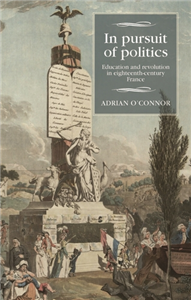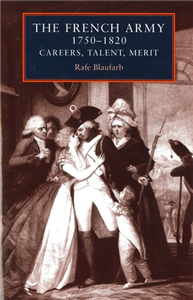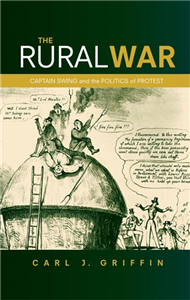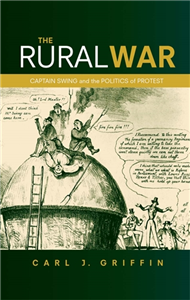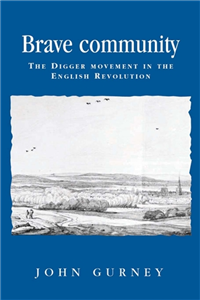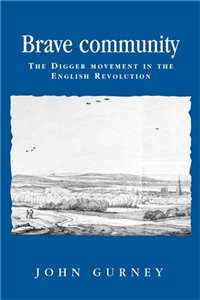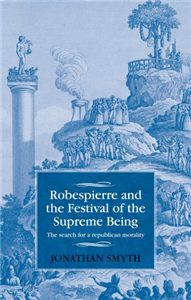The rural war
Captain Swing and the politics of protest
by Carl J. Griffin
Beginning in Kent in the summer of 1830 before spreading throughout the country, the Swing Riots were the most dramatic and widespread rising of the English rural poor. Seeking an end to their immiseration, the protestors destroyed machines, demanded higher wages and more generous poor relief, and even frequently resorted to incendiarism to enforce their modest demands. But occurring against a backdrop of revolutions in continental Europe and a political crisis, Swing to many represented a genuine challenge to the existing ruling order, provoking a bitter and bloody repression. The rural war offers a vivid new account of this defining moment in British history. It is shown that the protests were more organised, intensive and politically motivated than has hitherto been thought, representing complex statements about the nature of authority, gender and the politics of rural life. This book will become essential reading for anyone with an interest in the history of the English countryside: specialists, students and general readers alike.








